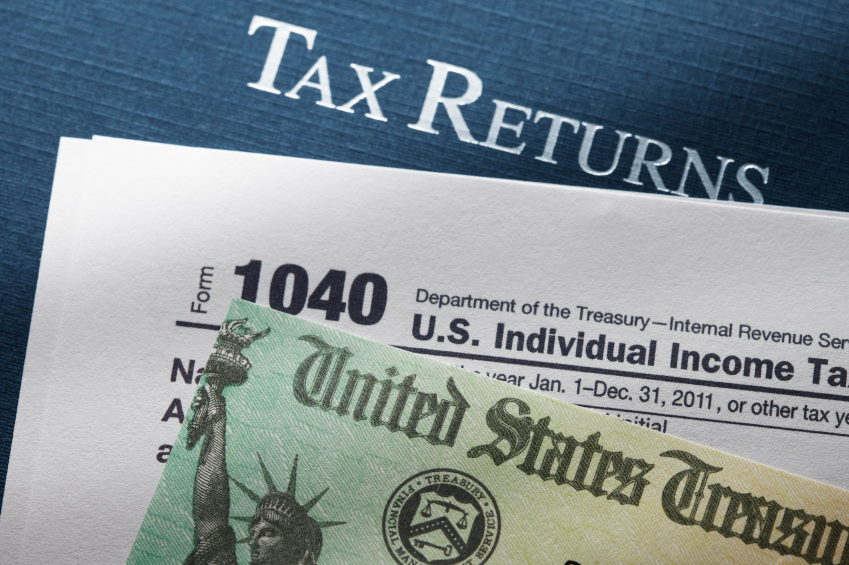Outline of Tax Return in Australia
Generally, the due for tax returns in Australia is scheduled every October 31st for the year that ends on June 30th within the same calendar year. This means that the financial year would run from July 1st until June 30th. This is not the same like what the US has of which the fiscal year is from October 1st until September 30th. Of course, the due date extensions are also given. This is particularly intended for those whose tax return is submitted through a tax agent. The tax returns can be submitted through post or electronic method with the help of the software known as ATO e-Tax.
The taxation system of Australia can be considered quite complicated. This is a thought that is supported by the reality that around 80% of Australian hires a tax agent so as to get assistance for tax return preparation. Read http://ezinearticles.com/?Your-Tax-Return—How-the-Tax-Return-Process-Works&id=1940136
The businesses in Australia are also required to settle their taxes of all levels. This includes taxes if local, state and federal level. These are taxes to cover for the public service delivery like road maintenance and for hospital system.
The tax law in the country has stringent requirements in terms of tax returns. Returns should be submitted by the business structure and its operating conditions.
Income Tax
Australian Federal Government imposed the income tax. It is consistent across the states. Before WW2, it was the state government who imposed income tax. This serves as the most essential tax that gives the greatest contribution to the revenue of the public.
A company needs to lodge their tax return. The company’s income tax is no t the same as the personal income tax of each person. In the return, it will show information about the net income of the company. This is the amount of the income minus the allowed deductions.
The Trust needs to lodge tax return of trust to specify the income. The expenses and deductions are not included. The trust beneficiaries should report any sort of benefit or income acquired from the trust. This would include the income of the wages, rental income and dividends as well.
The partnership should submit partnership tax return. This would include the net income acquired that can be computed through the subtraction of the deductions and expenses from the gross amount of income. Aside from that, each partner needs to report their share of the partnership income, wage, dividends and rental income as well. This will be on their individual tax return filed.
The sole traders are those who operate their business in the owner’s name. Their income that is taxable or loss should be reported in their own return. Also, they need to file for other form of income like any wages, rental income, and dividends less the allowed deductions that will be claimed against these figures.
The partnership and sole trader tax returns are both needed to promote the income as individual and not as a corporate entity. The individual taxes are computed on a progressive scale and not similar to the tax rate of corporate level that is a flat percentage across the entire income range.

